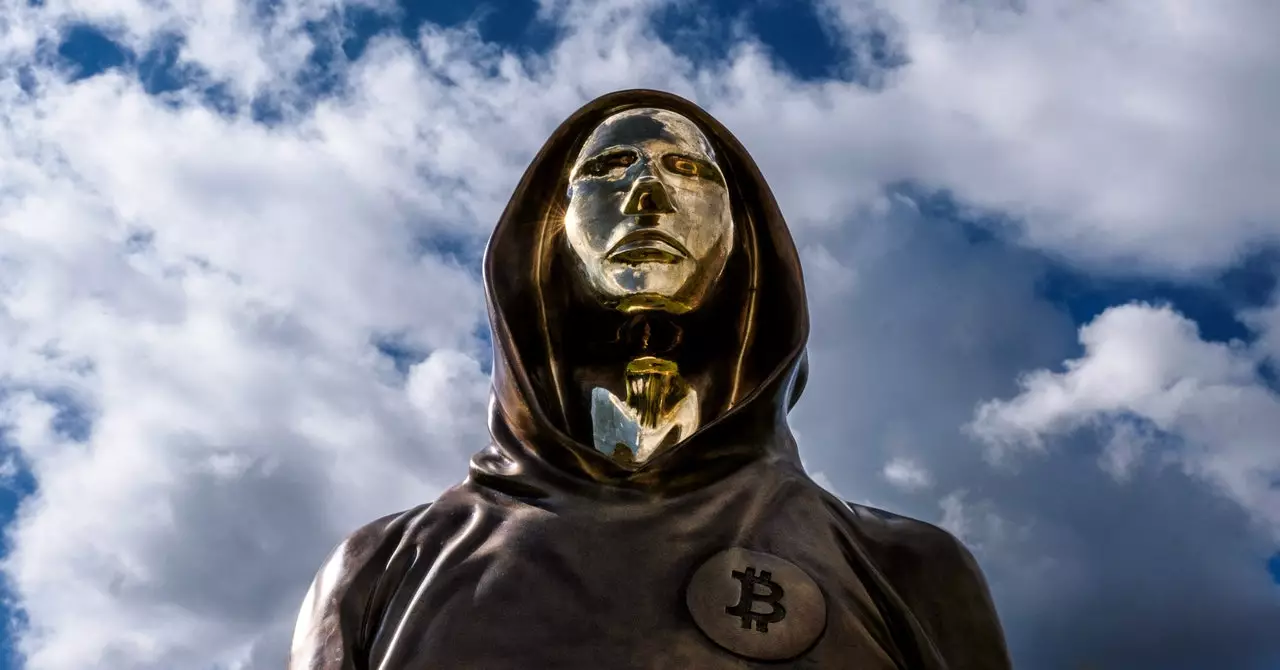The identity of Satoshi Nakamoto, the elusive figure credited with the creation of Bitcoin, continues to captivate the digital world. The recent HBO documentary, “Money Electric: The Bitcoin Mystery,” offers an incisive exploration into the unfurling saga of who Satoshi truly is, casting a spotlight on various theories and contenders. Featured prominently is Peter Todd, a well-known figure in the cryptocurrency community, who finds himself the latest subject of speculation as he amusingly rebuffs claims that he is the Bitcoin creator. This article delves deeper into the ramifications of Satoshi’s continued anonymity and examines how it has shaped Bitcoin’s evolution, community dynamics, and the ongoing quest for his identity.
Directed by Cullen Hoback, the documentary aims to peel back layers of misconceptions and conspiracy theories surrounding Bitcoin’s creator. In a captivating scene, Todd expresses his incredulity at the assertion that he could be Satoshi, describing the theory as “ludicrous.” His reaction serves as a reminder of how absurd and speculative the hunt for Satoshi can become, fitting into a larger narrative where “everyone has been a suspect.” This situation benefits Hoback’s efforts as he attempts to replicate his previous successes, such as revealing the identity behind QAnon, yet warns viewers of the limitations in proving any single identity as definitive.
Yet, Todd’s rejection does not alleviate the intrigue. Despite his firm denials, the cryptography and blockchain communities have become entangled in a web of speculation featuring various characters like Hal Finney, Adam Back, and Nick Szabo, each receiving their share of the spotlight over the years. While Todd points out that “people have suspected basically everyone of being Satoshi,” it raises questions about the very nature of evidence and proof within this digital landscape: without incontrovertible evidence to settle the debate, the mystery continues to evade resolution.
The fascination with Satoshi Nakamoto draws parallels to the great unsolved mysteries of history, giving rise to various contenders. Notable among them is Craig Wright, an Australian computer scientist who was simultaneously touted and discredited as Satoshi in 2015 due to sensational claims backed by a series of dubious documents. The eventual ruling by a UK judge that Wright is not Satoshi added another chapter to this unfolding narrative, while also igniting more contention and debate.
The media, notably outlets like WIRED, have played an instrumental role in this quest for identity, often hopping on the rumor rollercoaster while trying to anchor the narrative with real-world evidence. The fact that so many individuals—including those masquerading as Satoshi—have emerged over the years speaks to a broader phenomenon in which individuals seek to align themselves with the mystique of Satoshi’s identity. Whether sincere in their claims or merely attention-seeking, these figures complicate the conversation further.
As the mythology around Satoshi Nakamoto grows, so too does the conversation about the importance of anonymity within the cryptocurrency ecosystem. Many Bitcoin proponents argue that the lack of a singular identity allows Bitcoin to exist as a decentralized entity, free from the biases or agendas that could stem from a known creator. In this view, Satoshi’s absence has led to a system of egalitarianism where all voices contribute equally to the discourse. The sentiment that “everyone is Satoshi, and nobody is Satoshi” embodies a collective stance against the authoritarian implications that may arise from idolizing a single figure.
This potent paradox reflects a much larger narrative: can the health of the crypto ecosystem coexist with the knowledge of its creator’s identity? The dialogue around Satoshi’s anonymity raises concerns about the motives for disclosure. Would the recognition of an identifiable creator transform Bitcoin from a decentralized marvel to a product imbued with the biases of its founder?
Ultimately, the identity of Satoshi Nakamoto remains enveloped in enigma, much to the chagrin and fascination of enthusiasts and critics alike. The conversations sparked by documentaries like “Money Electric” challenge us not just to seek a person behind the mask but to understand the broader implications of anonymity in our digitally connected world. As we grapple with the digital culture and the persistent shadow of Satoshi, it becomes increasingly apparent that the quest for identity may yield no definitive answers. The conversation is a reflection of our broader societal complexities—individual identity in a world that embraces collective unknowns. The legacy of Bitcoin, shrouded in mystery, thrives on this very uncertainty.

